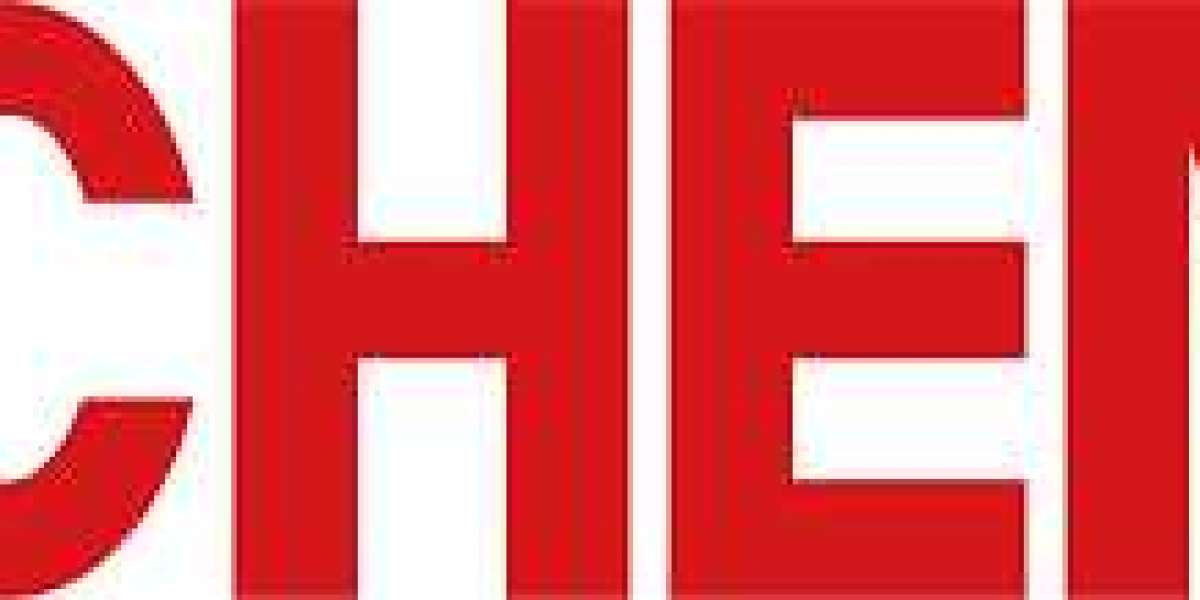Chemical companies are responsible for ensuring that their substances comply with all relevant regulations.
Failure to do so may have significant consequences, including prosecution, fines, enhanced inspections or external oversight, or the revocation of the controlled drug licence for the entire premises. In one case, a cancer clinical trial was interrupted when the active ingredient was found to technically fall within the scope of a country's controlled substances legislation.
In addition, chemical suppliers have been sued and fined for inadvertently providing customers with small amounts of controlled substances.
It is therefore critical to determine whether a chemical supplied constitutes a controlled substance, as structural analogues and derivatives may also be subject to Csas and related regulations.
Csas can pose challenges for businesses involved in the supply of chemical, so careful consideration must be given to whether the chemical supplied fall within their regulatory scope.
ECHEMI -- The name originated from the abbreviation of “E-commerce of chemical”. ECHEMI is a chemical supply chain service company headquartered in Hong Kong, providing chemical raw materials supply, research and analysis, marketing, distribution, logistics and E-commerce.
Key challenges include:
Failure to identify and establish controls over the use of certain substances can lead to serious consequences, including fines, legal proceedings, imprisonment and reputational damage.
What is on the list of controlled substances is not the same in every country and companies need to be aware of this before and during production, storage and supply.
Typically, there are no exceptions for small amounts of controlled substances used in research and development (RD) applications, and licences are required for both their use and supply.
Identify the content of actual control. Matching a name to a list of controlled substances is not reliable because of national naming conventions. For example, some countries may use the full chemical name (e.g., 3, 4-methylenedioxymethamphetamine), while others may use abbreviations (e.g., MDMA). In addition, name matching does not take into account analogues, derivatives, and other related compounds.








